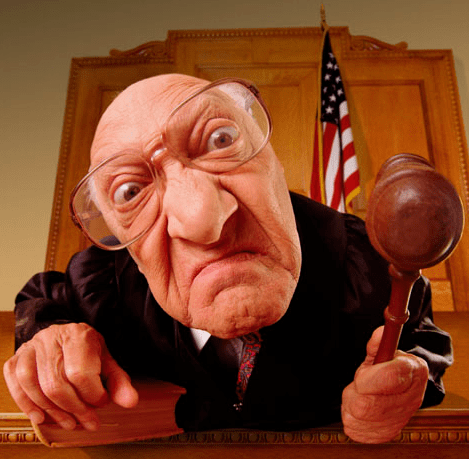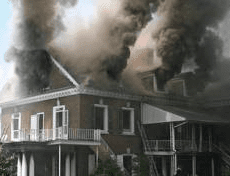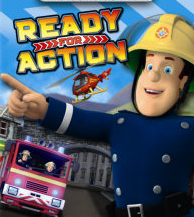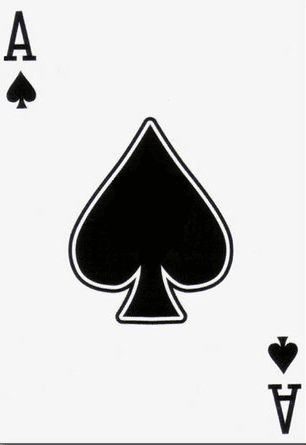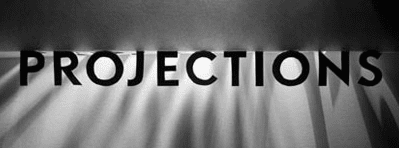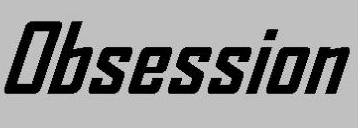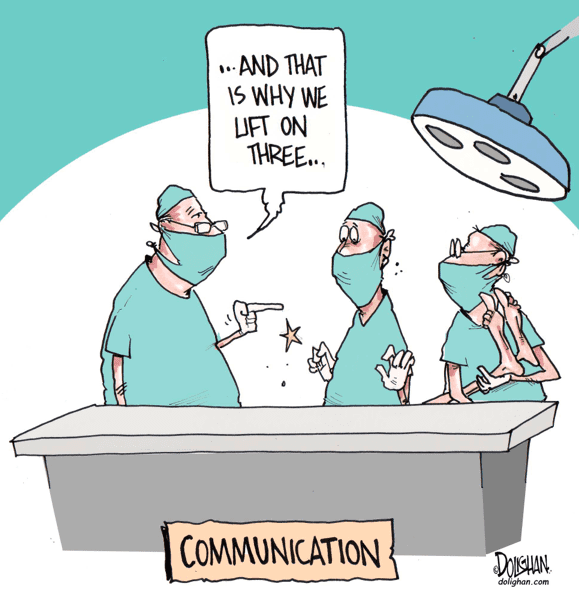Stop Judging to Improve Situational Awareness
Oftentimes when I am talking with first responders about the role of situational awareness and casualty incidents, especially the ones that have recently occurred, they share with me their opinions and frustrations about the performance of the responders and the decisions made by command staff. If I have learned anything, it’s first responders are opinionated […]
Stop Judging to Improve Situational Awareness Read More »

